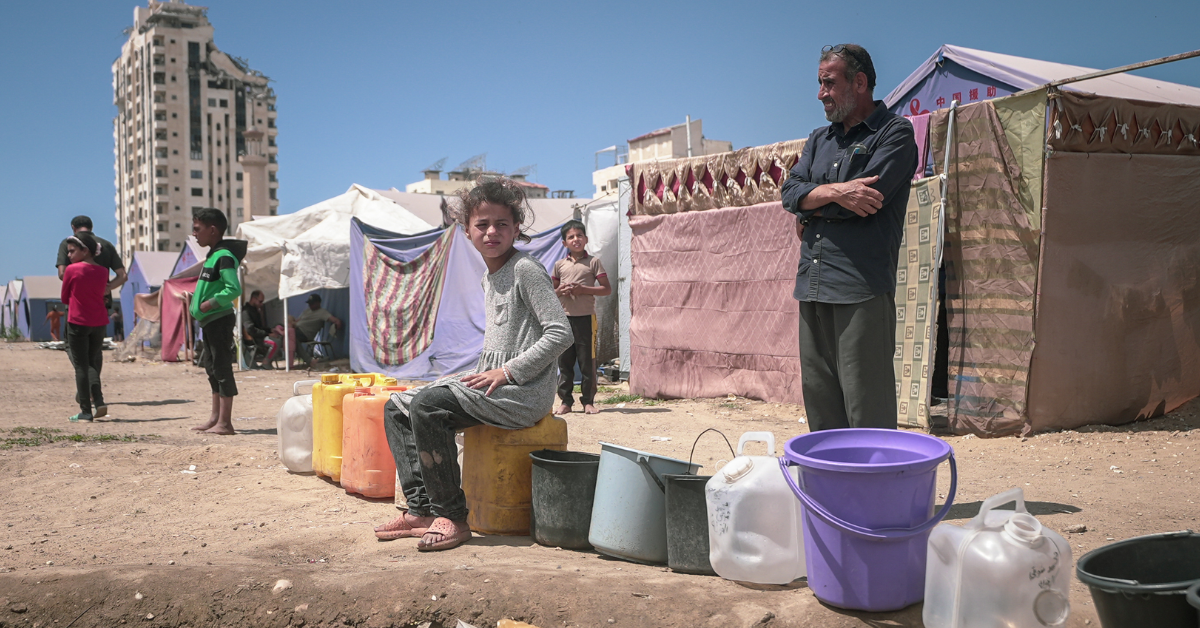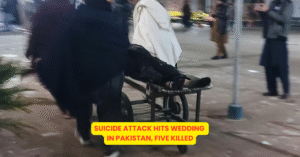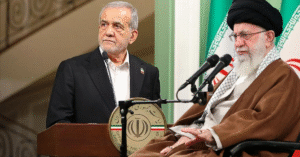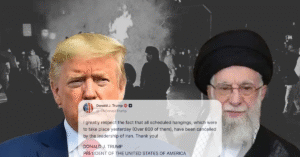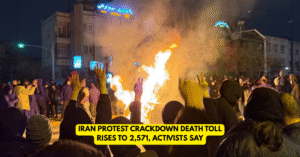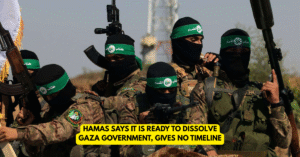GAZA — The United Nations is raising alarm bells over the deepening humanitarian crisis in Gaza, where families — especially children — are running out of something as basic as water. After more than 100 days without consistent fuel deliveries, water systems across the region are beginning to fail. And with violence still raging, hope is fading fast.
UNICEF has issued a chilling warning: if the fuel blockade isn’t lifted soon, children in Gaza could start dying of thirst. Water in Gaza isn’t something you can just turn on at the tap. It needs fuel — to pump it from the ground, to clean it, and to deliver it to homes. Without fuel, there’s no clean water. Without water, children can’t survive.
“The situation is desperate,” said a UNICEF spokesperson. “We’re already seeing the effects — malnutrition is rising fast, especially among young children. And without safe water, it’s only going to get worse.”
The UN’s humanitarian office, OCHA, says the danger doesn’t stop with thirst. People are being shot as they try to reach food and aid trucks. Even at designated aid points, gunfire continues, and many have been killed or injured just trying to get the basics to survive. OCHA is urgently calling on Israeli authorities to let more fuel into Gaza. “If we can’t keep aid operations going, more lives will be lost,” they said.
While a small amount of fuel has reached southern Gaza to keep hospitals and basic services running, it’s nowhere near enough. And time is running out. With new military orders forcing thousands more to flee their homes in northern Gaza, people are being pushed into overcrowded shelters with almost no access to clean water or sanitation.
But it’s not just bodies that are suffering — it’s minds too. Humanitarian workers are seeing more and more signs of trauma, especially in children. Nightmares, fear, silence — kids are showing all the signs of deep psychological pain. The World Health Organization is doing what it can, training workers in psychological first aid, but the needs are overwhelming.
“We see the painin their eyes,” one aid worker said. “They’re not just thirsty. They’re scared. They’re tired. They’re losing hope.”
The UN and other humanitarian groups are working around the clock to respond — but they’re being blocked at every turn. The movement of fuel, water, and supplies continues to be denied or restricted, leaving families to face the unbearable consequences.
The message from the UN is clear: this is not just a crisis. It’s a catastrophe in the making. The world must act now — before more children lose their lives to thirst, hunger, or fear.
